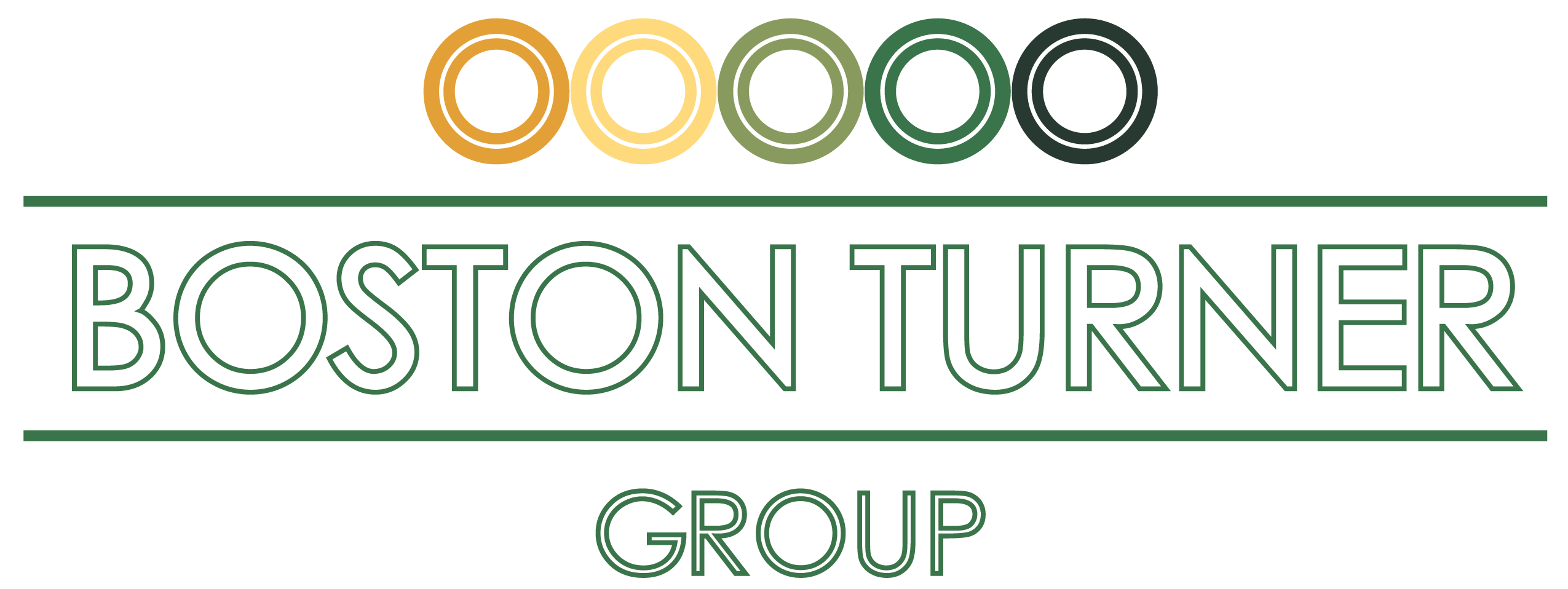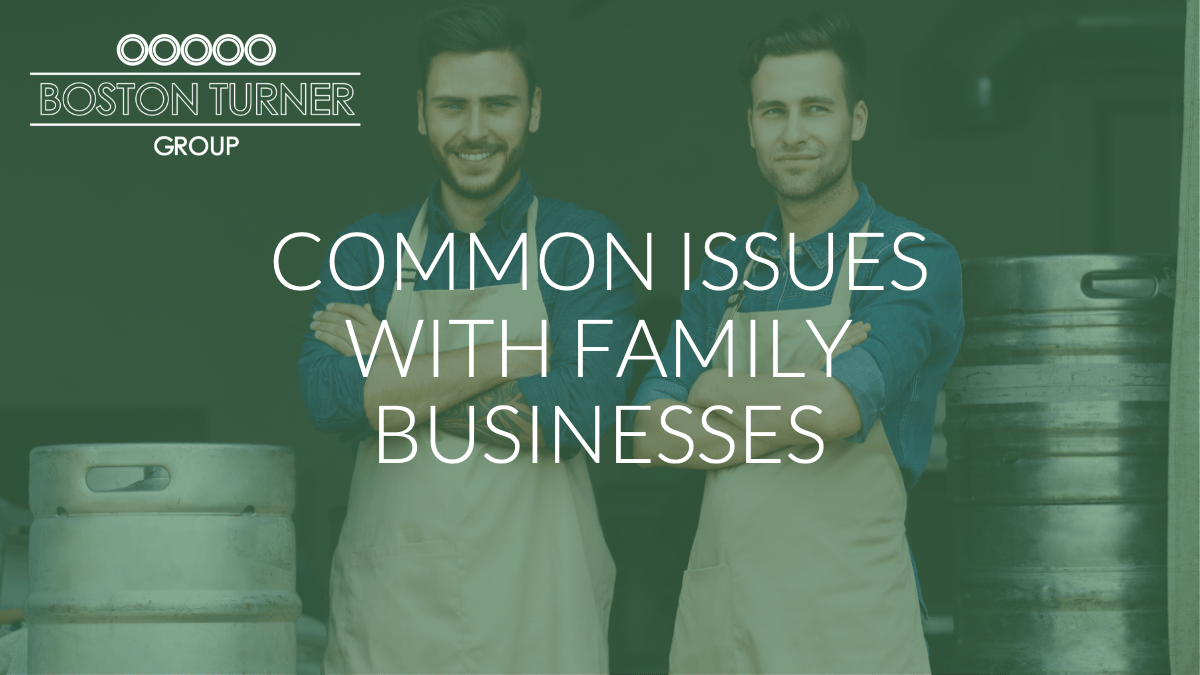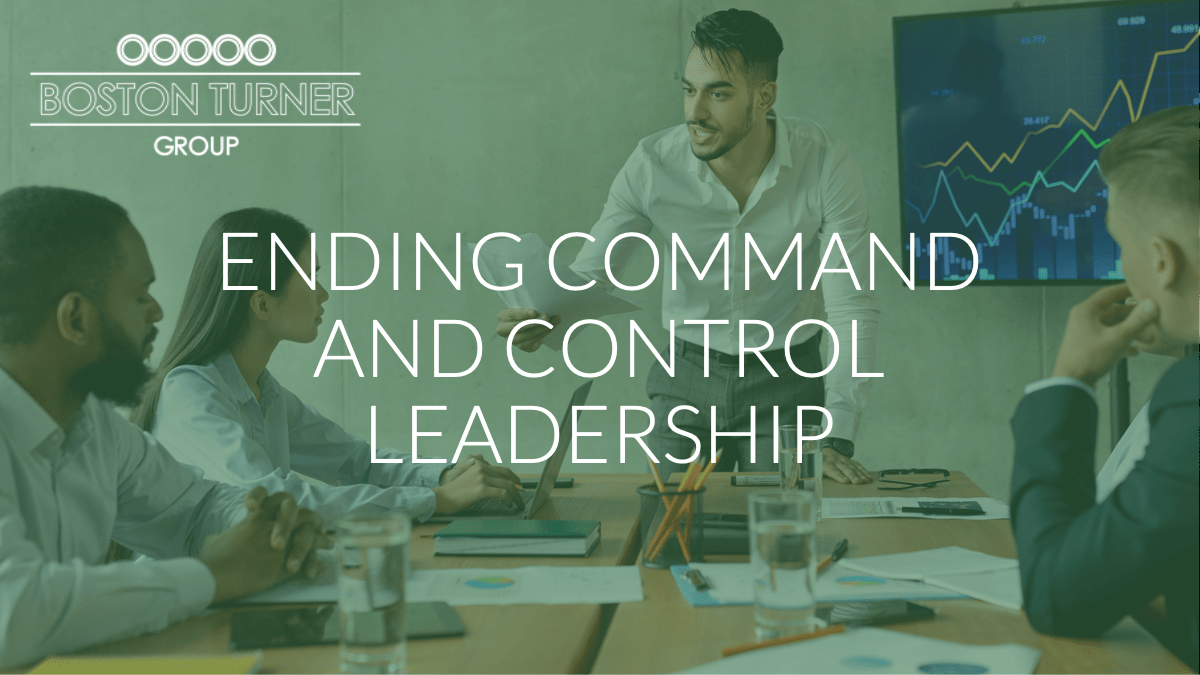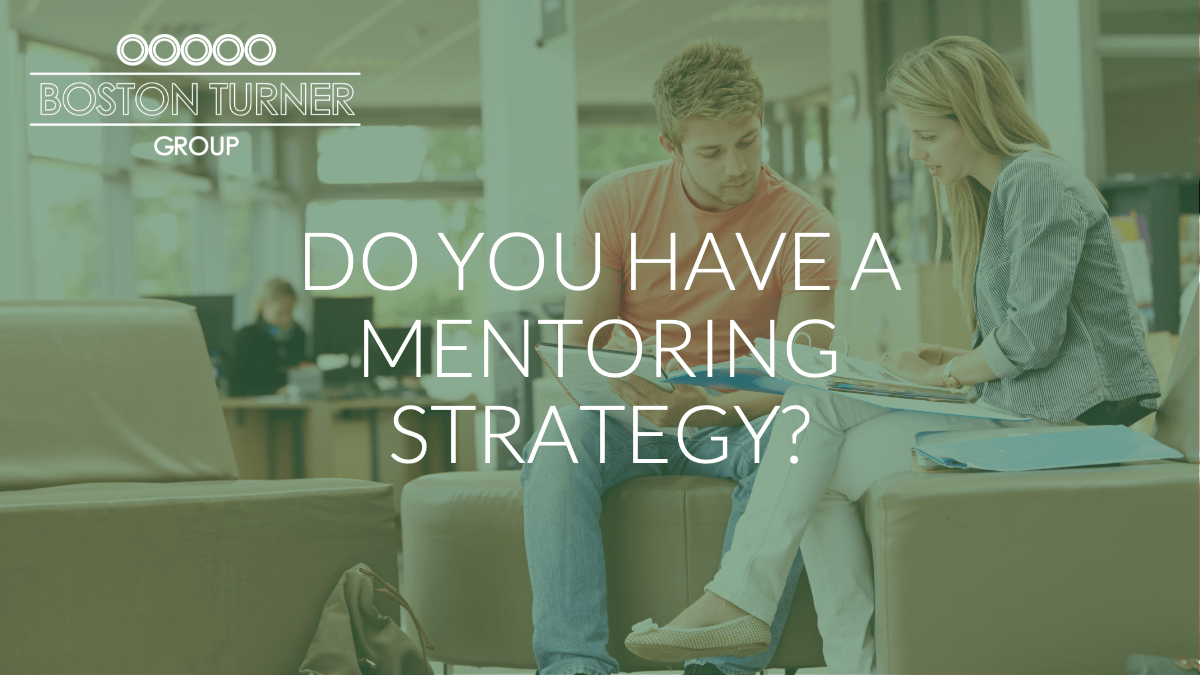Family businesses are great. You get to do what you love surrounded by the people…
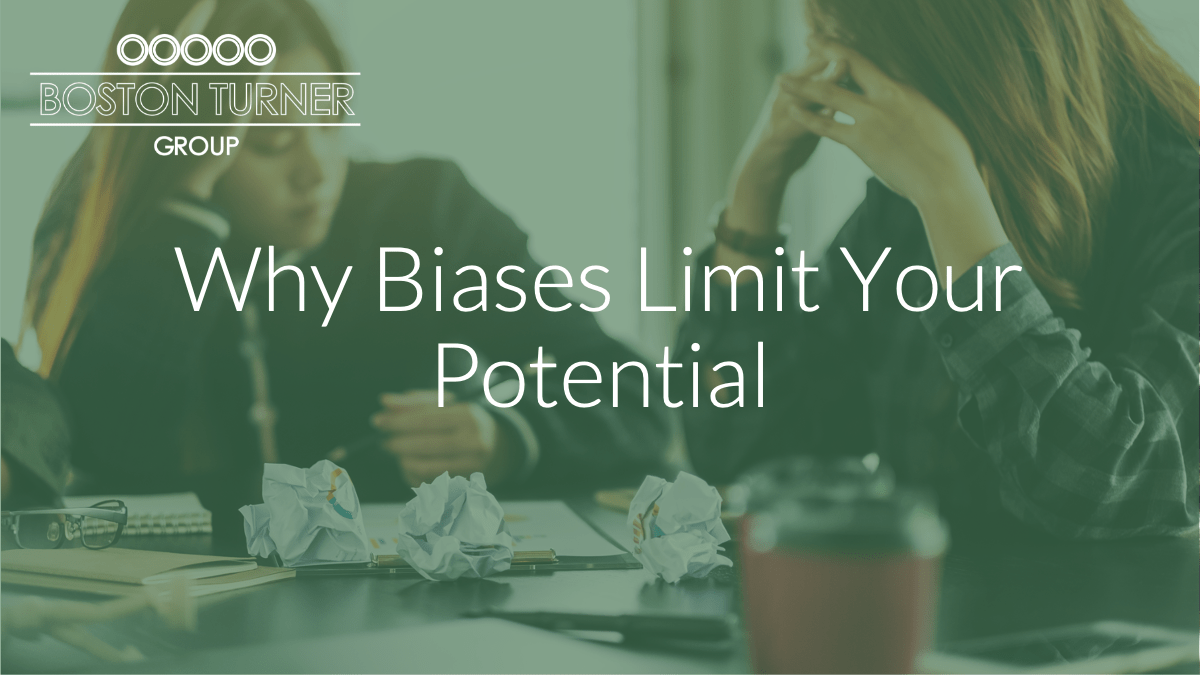
Why Biases Limit Your Potential
Yesterday I posted an article about how to try to unstick your thinking for greater creativity. I received an email in response from a client who told me they weren’t stuck for new ideas. Instead, their thinking was stuck from a set of preconceived ideas and instincts they had developed in their life that cause them to respond in inaccurate ways to a variety of situations.
They allowed me to share their story here.
This client has had more than a few dishonest employees over the last decade and as a result their first instinctual response is to assume that when an employee brings them a new idea it must be because of some dishonest self-interest.
Here were some examples:
- A sales rep brought forward a new partner that was outside the typical partner profile. The partner had a potential to bring several large new deals in, but the entrepreneur’s first instinct was to assume the rep might be getting paid by that company on the side.
- The marketing director believed that switching to a new web host and converting to WordPress would save the company $4,500 a year and 150 hours of time. Again, the owner was worried the marketing director had some ulterior motive for switching.
The owner had been burned in the past with side arrangement by reps, inventory theft and more. Unfortunately, this has stifled innovation among the company’s leaders.
Everyone Has Instincts
Everyone relies on their instincts at some point in their lives. Instincts can be powerful guides that help us make decisions and act quickly to survive. However, instincts are not always reliable. In some cases, instinctive behaviors may lead to outcomes that are contrary to our best interests. For example, when faced with a confrontation, our primitive survival instinct might kick in and compel us to flee or fight instead of standing our ground and assessing the situation
Instincts can also lead us to make rash decisions or act impulsively without fully considering their consequences. This could cause us to regret our choices later, especially if we realize that we’ve acted on a false assumption or instinctive feeling.
Another problem with instincts is that they can be heavily influenced by our preconceived notions and biases. We might think we’re being guided by a gut instinct, when in fact we’re being steered by our implicit beliefs or prejudices. This could lead us to make decisions that are not based on reality.
When Instincts Turn into Biases
Unchecked instincts can turn into biases and prejudices we form about people or situations without ever having met or experienced them. They usually do more harm than good. They limit our thinking and prevent us from growing as individuals and put a limit on how far our companies can grow.
One of the main problems with biases and prejudices is that they are often based on stereotypes. Stereotypes are generalizations about a group of people that are not always accurate. For example, my client assumed that all sales reps are completely self-interested and not team players. The truth was far from that bias, and it caused unnecessary frustration for everyone involved, not to mention lost revenue opportunities.
The bottom line is that biases can hold us back from achieving our full potential. We need to be open-minded and willing to learn about new people and ideas if we want to grow as individuals and businesses.
Why Biases Limit Your Potential
Biases can limit your potential in several ways. First and foremost, they prevent you from getting to know people or things on their own terms. You’re stuck with your initial impressions, regardless of whether they’re accurate. This can lead to all sorts of problems, such as judging people unfairly or overlooking talented individuals or businesses due to biases.
Secondly, biases can prevent you from learning and growing as an individual or business. When you’re always clinging to your initial ideas, you’re not willing to consider other viewpoints or explore new possibilities. This can stunt your personal growth and limit your ability to innovate and succeed in the markets you serve.
Ultimately, biases limit your growth because they keep you from reaching your full potential. By freeing yourself from these mental restraints, you can learn and grow in all areas of your life. You’ll be able to form more accurate impressions of people and things, and you’ll be better equipped to achieve success both professionally and personally.
How Biases, Stereotypes and Preconceived Ideas Are Hurting Your Business
Prejudices, biases and stereotypes can hurt businesses in a few ways. First, they can limit the pool of potential employees or customers that a business can draw from. This can lead to a shortage of talented workers or a lack of sales opportunities. Second, these attitudes can create an unwelcoming or hostile work environment, which can drive away good employees or dissuade potential customers from doing business with you. Finally, they can lead to poor decision-making, which can result in missed opportunities or financial losses.
So how can entrepreneurs guard against these problems?
The first step in overcoming biases and preconceived notions is recognizing that they exist. Once we become aware of our own prejudices, we can start to question them and eventually change them. We can also begin to look at people and situations from different angles, opening ourselves up to new possibilities. I hope it goes without saying that you need to create a workplace culture that is welcoming and inclusive for all employees, regardless of their background or identity. You need to extend your openness to new ideas as well. A great way to level your biases in new ideas is to make sure that decisions are made based on facts and evidence, not on preconceived notions or stereotypes. Contact us if you’re struggling with decision making inside your company, we work with growing companies on a set of tools we’ve named, “Good Call,” to help you make unbiased decisions based on your values and goals.
I’ll be writing more about the types of biases we face in ourselves and others in future posts. Ultimately, overcoming biases and preconceived notions is a process that takes time and effort. But it’s worth it because it can lead to growth both individually and professionally.
